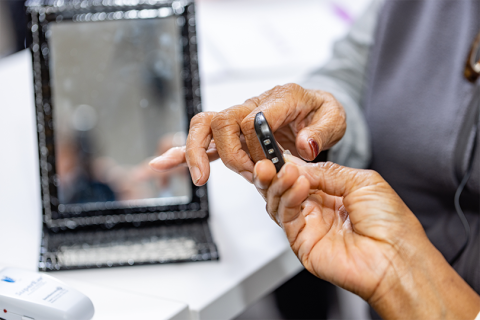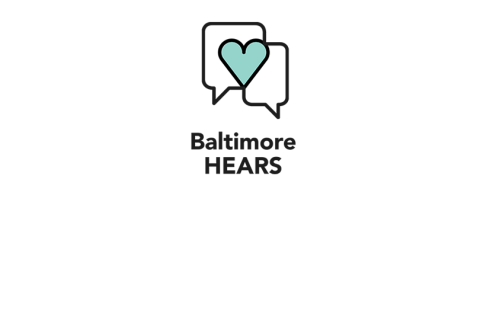Effective hearing and communication are critical for healthy aging.
At the Cochlear Center for Hearing and Public Health, our research is aimed at better understanding the impact of hearing loss on public health, crafting and testing solutions, and working to advance medical, public health, and governmental understanding of these issues all around the world.
This work spans diverse fields and informs policies that improve hearing care and healthy aging.







